A few years ago neuroscientists put to rest the myth that we are either “right brained” or “left brained”. They found that, even though creative tasks do stimulate the right side of the brain more, that the concept of right/left brain did not give us the full picture of how our brains work and certainly didn’t give us a full picture of how creativity works in the brain.
Creativity, it turns out, is a whole-brain process! Creativity and imagination stems from a widespread network of brain areas that collectively manipulate ideas, images and symbols. Our brain hemispheres are undeniably connected. The two sides of our brains are simply distinguished by their different processing styles.
Both hemispheres are available to all of us at any point in time no matter what we may have trained ourselves to depend on or feel more natural with. But the bottom line is that creativity utilizes it ALL. Now the trick is to be able to develop it all.
One of the “hahas” about us as humans – even though we know more about creativity every day – is that it seems that we have not actually been creative enough to completely understand our own creativity. LOL. Some of it is still a mystery.
However, the good news is that, through science, we do know a lot more about it than we ever did. Does knowing more make a difference? Wellllllll … we can argue that it doesn’t … that we just utilize creativity when it occurs like something magical that we have no control over OR we can take some clues from what has been discovered to enhance our creativity.
So for those of you who want to increase your creativity I am going to give you some basics … without boring you to tears about all the scientific studies behind them. (If you are inquisitive and like to know how things work, like I do, no fear, there is a large amount of research out there you can delve into to dig deeper.)
Through neuroscience, one thing that we have learned, which is called neuro-plasticity, is that the more you engage in a particular pattern, habit or mindset, the more likely you are to continue that habit or mindset. Brain cells that activate more frequently build more connections, making it easier for them to work more efficiently. This means that you can build any habit you want to, including the habit of creativity, through practice.
Creativity resides at the intersection of the two primary pathways of the brain. It is like a neurotransmitter cocktail of serotonin (which controls experiences of calm and contentment vs. anxiety and fear) and dopamine (which can move you from boredom and apathy to excitement and engagement). The perfect mix for creativity is a balanced condition in which you are calm but also energized.
So what can we do to create that balance and increase the odds of creativity being present and expanding for us? I have put together a short list of the top things that neuroscience has been able to determine so far and here they are:
1. Create a short wake up routine no matter when you wake up. Your first behaviors and thoughts upon waking determine how your day is going to go and the levels of focus, energy, and creativity you can access throughout your day. One neuroscientist has developed a body of work that even states that the first 22 minutes of your day is critical for this function.
It is during first those first minutes that we can stimulate serotonin and dopamine and move the mind toward openness and receptivity, and that will allow for more efficient and creativity. Quantum Physics has also proven that we create what we intend so have a part of your waking routine be to set your intentions for the day.
The key is to start your day focusing on YOU vs. doing things dictated by the outside (i.e. checking email). This doesn’t mean to ignore your responsibilities; it just means to create this initial space for you first. The important tasks, first thing when we awake, are the ones that move our hopes, our dreams, and our creations forward.
2. Do your most creative work when your brain is fresh and serotonin is high (upon waking is the freshest time). Proven fact: the brain shrinks over the course of the day, ending up smaller in the evening – then returns to its full size the next morning. As you can imagine, this also dictates changes in the functional properties of the brain as the day progresses. I know, I know … you think your most creative time is in the wee hours of the morning … I used to say the same thing … it is just not scientifically true.
3. Reduce your stress levels. Cortisol from stress counteracts creativity boosting serotonin and tends to shut down creativity. Whatever works for you is perfect. I meditate, do yoga, journal, listen to music, spend time in nature, etc. … there are many ways to release stress and create an internal environment that is more stress free.
4. Pay attention to what you eat and when you eat it. Bottom line: what you put in your body DOES impact your brain function and thus your creativity! For example: good luck sustaining real creativity after a bunch of sugar, carbs and processed foods – buzz and burn is about what that will really look like. Really want optimal brainpower for optimal creativity? Do a little research on the foods that are proven to serve your brain.
5. Cardiovascular exercise enhances creativity (it releases a peptide that helps to produce serotonin). Lacking creativity? You don’t need to become an extreme athlete … just take a short walk … get your circulation going and more oxygen in your brain and notice what happens to your creativity afterwards.
6. Maintain a wide variety of intellectual interests, talk to people with varied interests and disciplines, read widely and include things that you wouldn’t normally read outside your norm to develop what is called “knowledge nodes” – these are bits of unrelated information that can come together to produce an unexpected solution.
7. Setting aside time to freely think or daydream regularly can be an excellent way to train your mind to relax, eventually making this set time a safe time to start putting together connections that can boost your creativity and could turn into creative projects. Setting aside time regularly sends a signal to your brain that it’s safe to work on creative ideas during that time.
To take up this a notch find a regular place that is your safe space to free think in … somewhere that you can be quiet and undisturbed. I know that for some people this might be a challenge … if the only quiet, private place in your environment is a walk-in closet then turn it into your thinking space.
8. Give up multitasking. The brain is NOT designed to cope with too many different things at once and will eat up all the energy and processing ability needed for your creativity. It might make you THINK you are getting a lot done but it isn’t efficient brain wise.
If you want to be more productive and creative, and to have more energy too, studies have shown us that you should partition your day into smaller project periods. Increasing creativity will happen naturally as we tame the multitasking and allow ourselves to immerse in a single task for sustained periods of 30 to 50 minutes.
9. Taking breaks is proven to be biologically restorative. Naps are even better. In several studies, a nap of even 10 minutes improved cognitive function, creativity and vigor, and decreased sleepiness and fatigue.
10. Find a way to sleep well at the end of your day – sleep restores serotonin (not to mention your entire body … don’t get me started in this one … being someone who used to brag about how I could spin circles around others on very little sleep I had to prove this one to myself and I did.)
So there you have it … straight from the study labs! Knowledge is power if we use it. There are tons of other ways to spark your creativity once you get your brain synched up to work with you and start training it to utilize your whole brain to serve you.
I hope this has provided you with some new ways to enhance your creativity! I am always hunting around in the world of science to ease the way for my clients and love being able to share these things with you.
What are some ways YOU have found to enhance your creativity?
I’d love to hear from you about any of your own discoveries and about any results you might get from trying any of the above suggestions. It makes a difference for me and for anyone else who is reading this post … so THANK YOU in advance for any feedback you may have.
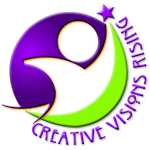
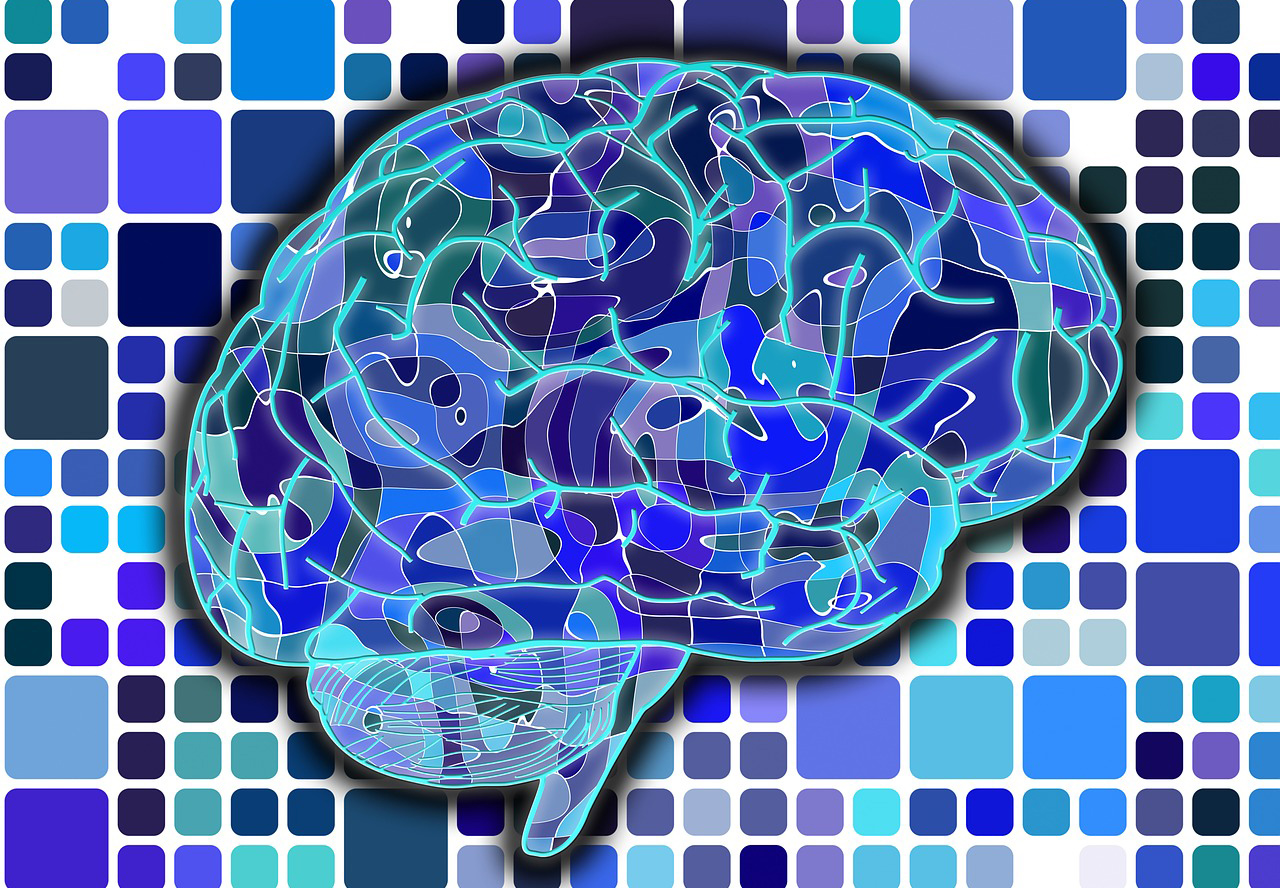
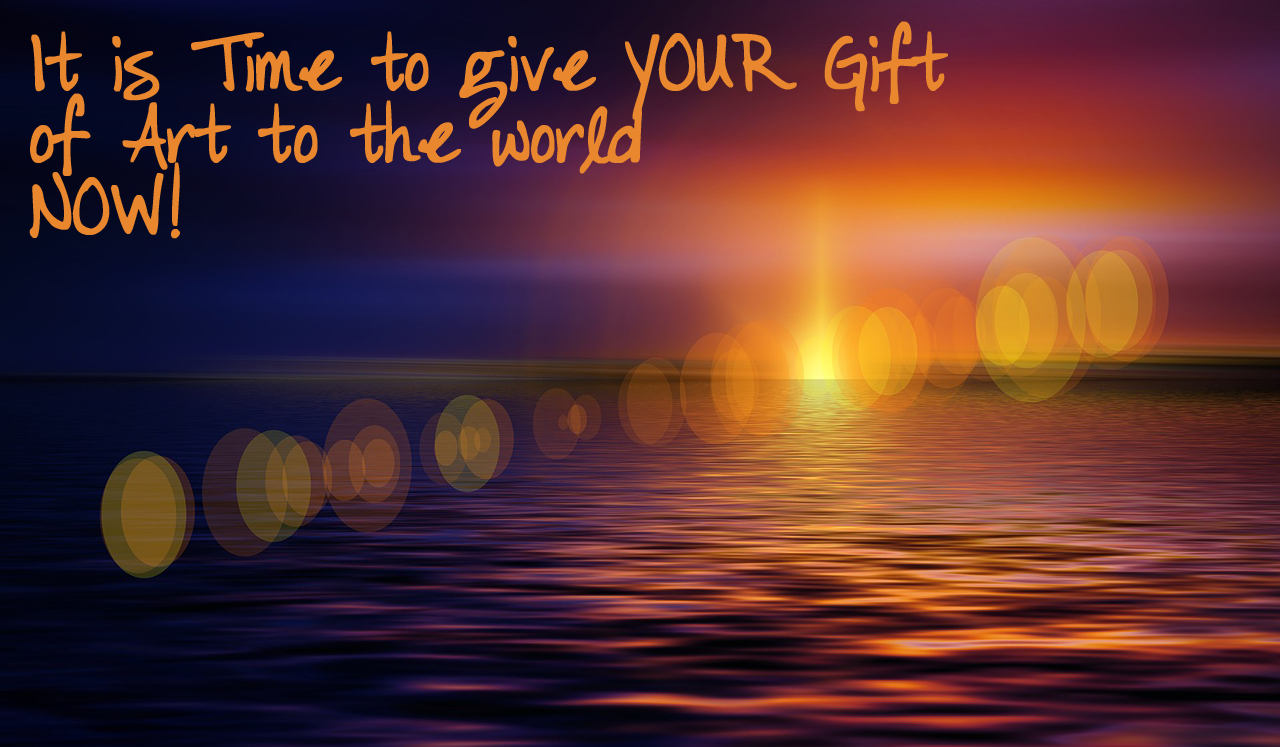
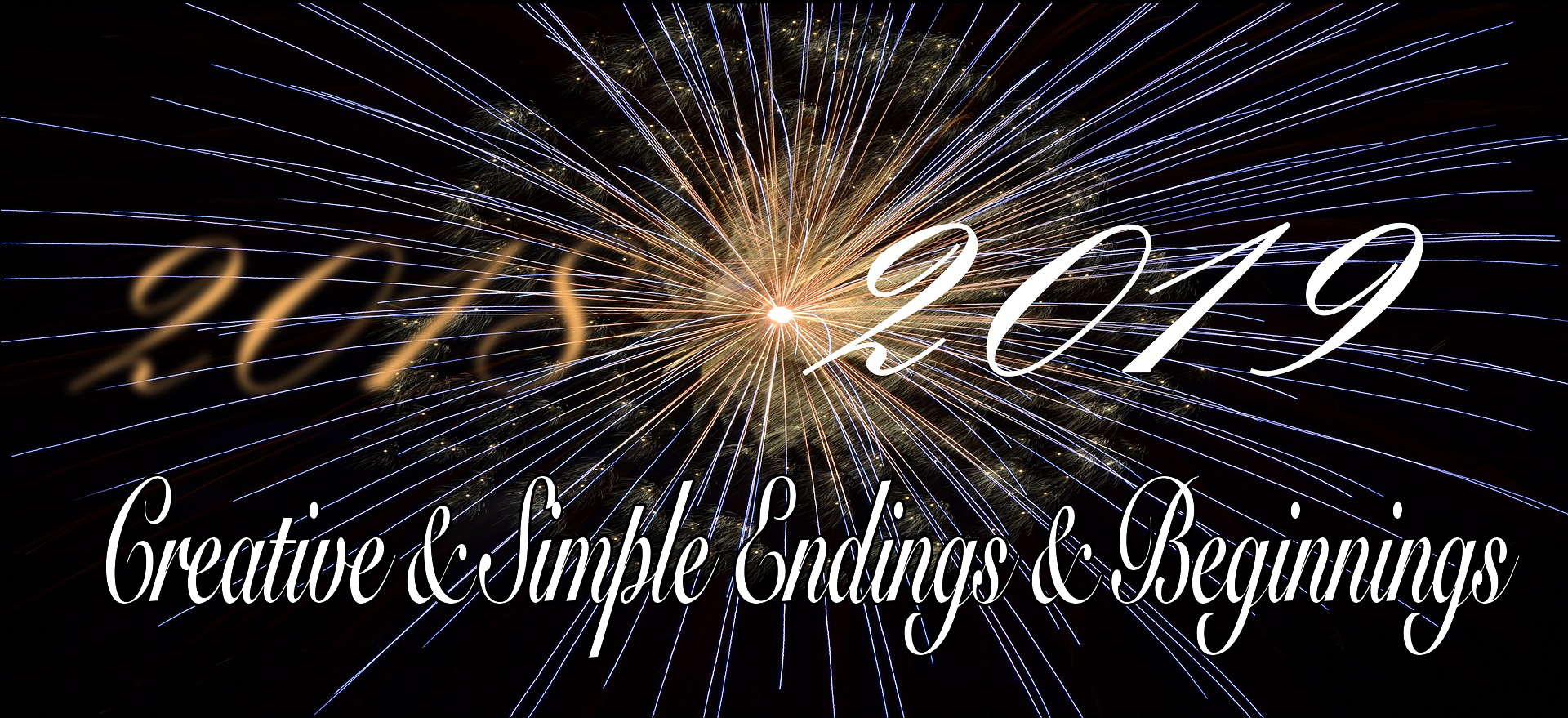
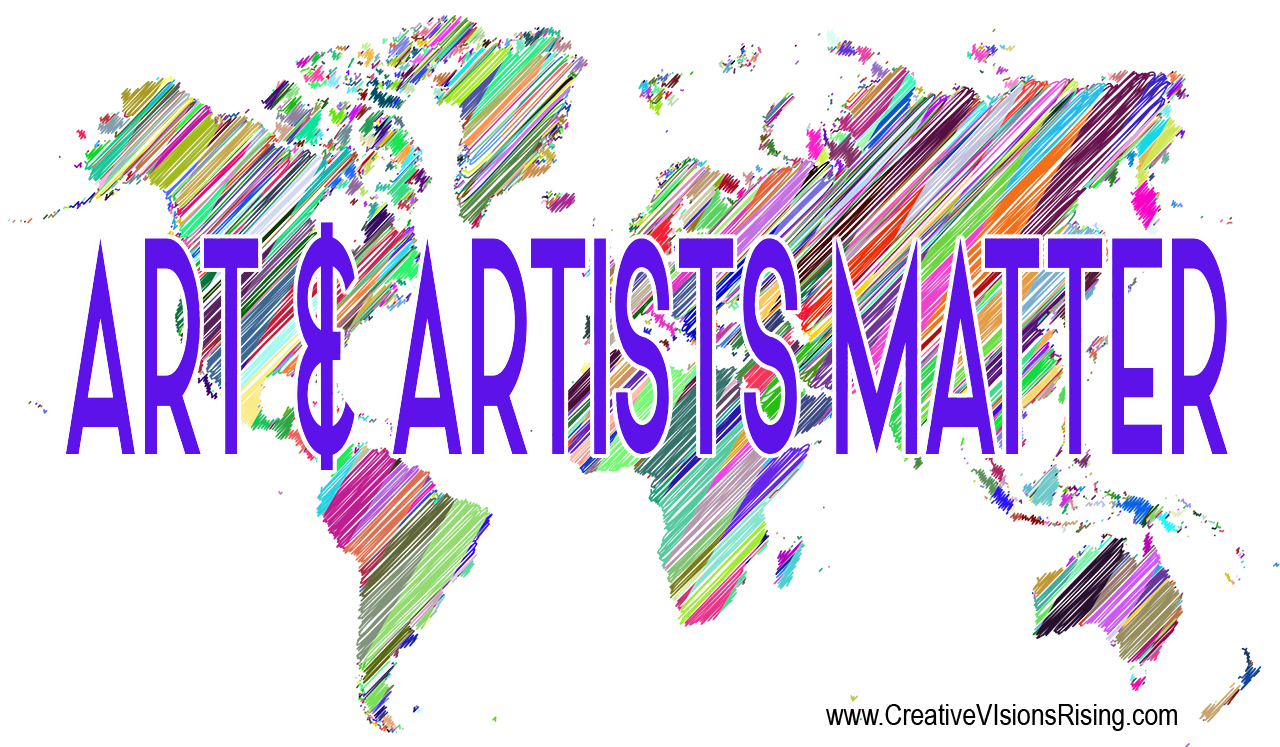
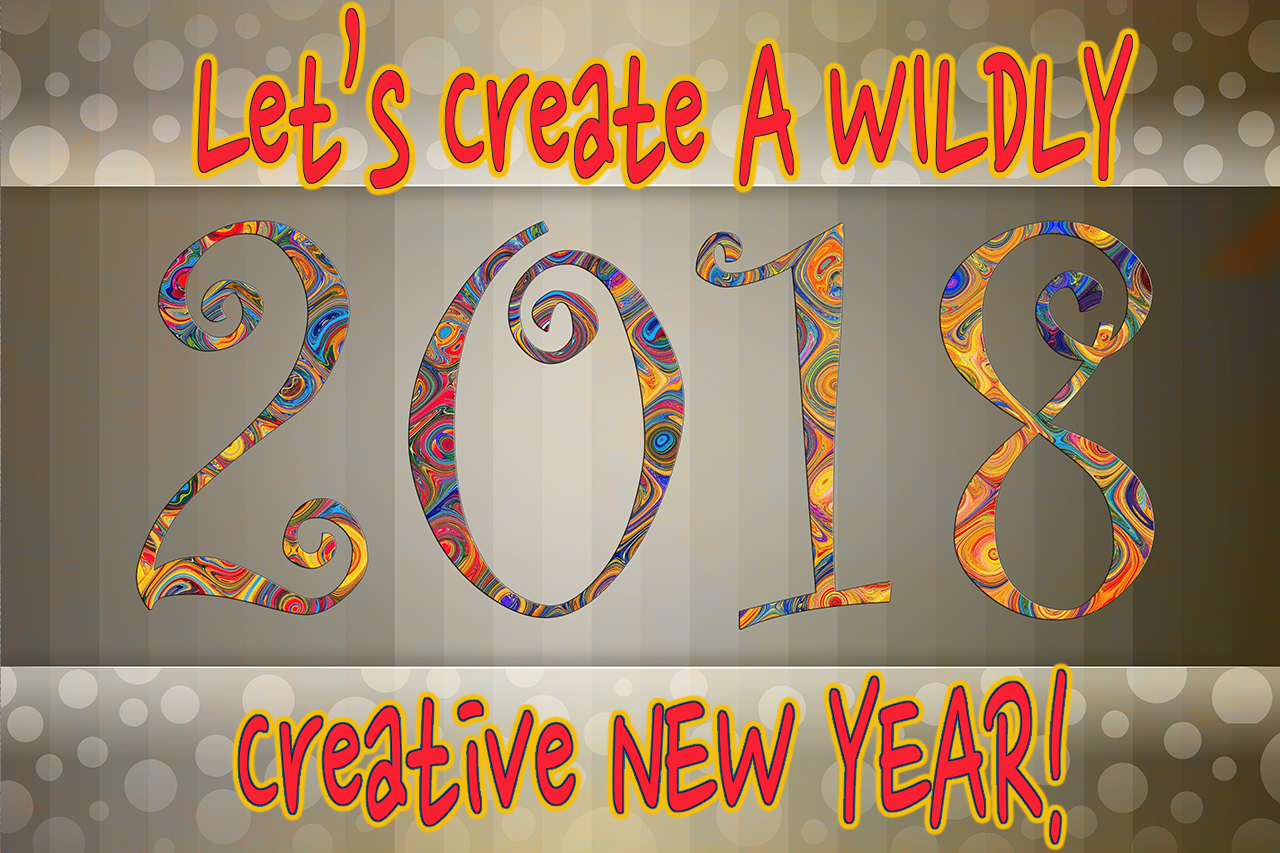
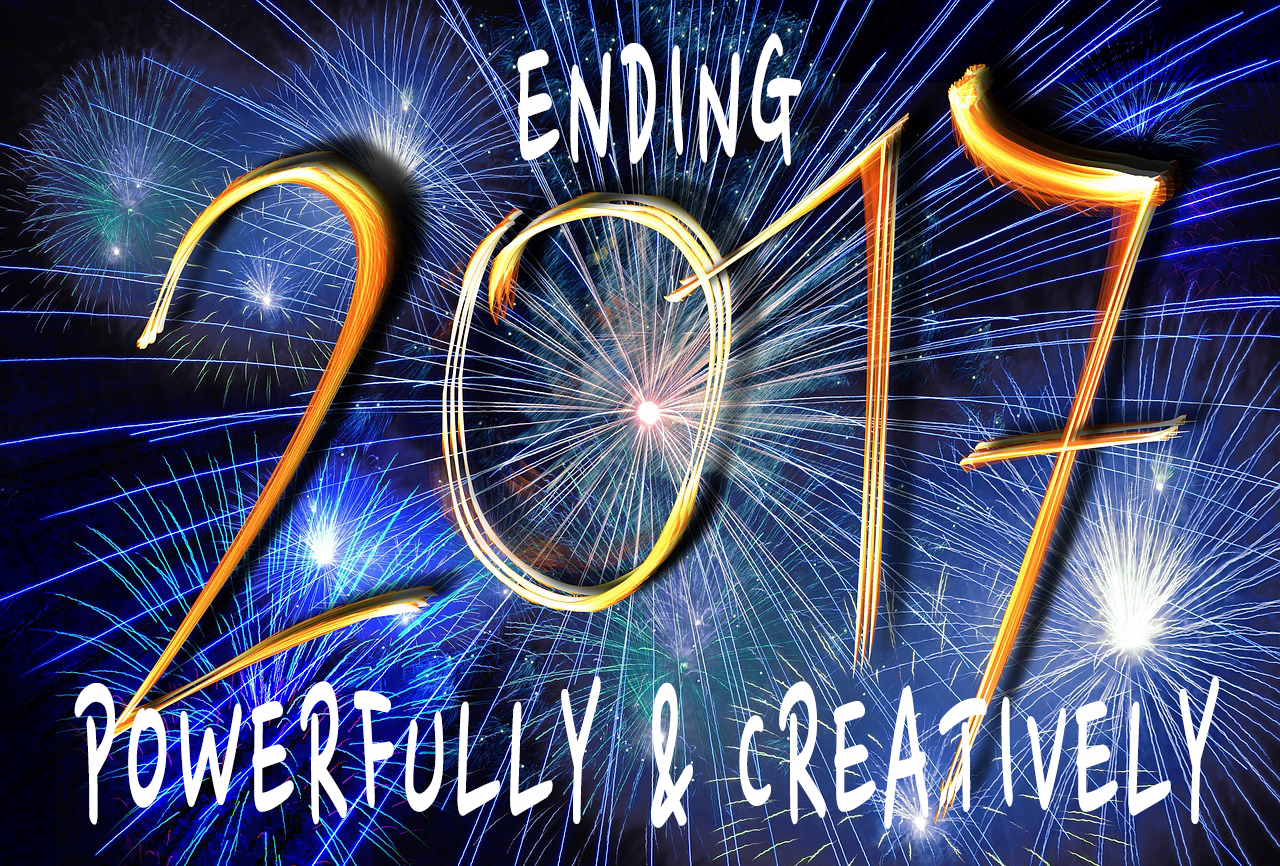
I am a full time artist. I live my life exactly as described. It’s like it was written about me.
Randall – WHOOOOOOOHOOOOOOOOOOO … Thank you for showing it can be done! Great way to live (maybe I channeled you in my post – smile). Might explain how you can be a full time artist and how wildly fabulous & creative your abstract work is & even how you have connected it to jazz too (I had to go to your website & see you & your work … I love your work, Randall .. colors, movement, circles, moons … full of life)! Thank you for having it out in the world & teaching others to paint so we can have more art out in the world too!
If I’m in a flow I make the most beautiful things!! #tip
Jacqueline – YES! Thank you for your tip! It is amazing the difference between our output when we are in the flow vs. when we are not!
Writing down your thoughts first thing in the morning also helps.
Marie – YES! It definitely does – I often have my clients write first thing in the morning as a way to begin the day by creating (& also last thing at night as a way to release things from the day). Thank you so much for your contribution!